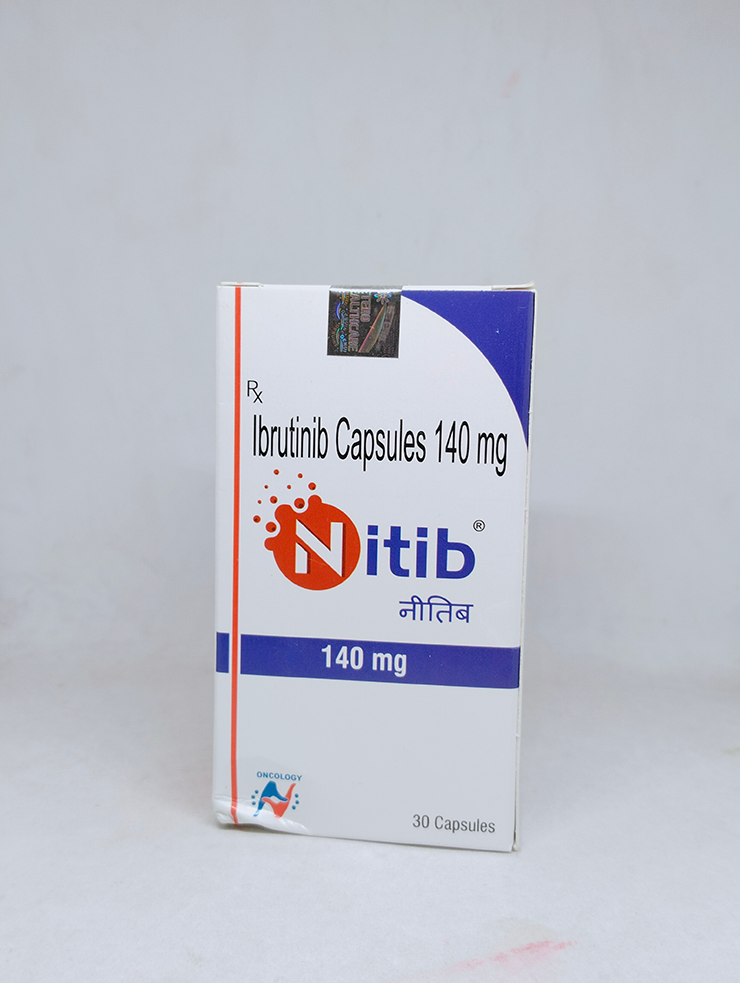Mantle-Cell Lymphoma is a rare type of cancer that affects the lymphatic system. The lymphatic system is a network of tissues and organs that help your body fight infections and diseases. MCL develops when abnormal B cells (a type of white blood cell) grow out of control and form tumors in the lymph nodes. MCL is considered an aggressive type of lymphoma, which means it can grow and spread quickly to other parts of the body, such as the bone marrow, spleen, and digestive tract.
Symptoms of MCL may include swollen lymph nodes, fatigue, weight loss, night sweats, and stomach pain. However, these symptoms are not specific to MCL and can be caused by other conditions. Therefore, a proper diagnosis is crucial for determining the appropriate treatment plan.
How is Mantle-Cell Lymphoma Diagnosed?
MCL is diagnosed through a combination of tests and procedures. The first step is usually a physical examination, during which the doctor will check for swollen lymph nodes and other signs of MCL. Next, the doctor may order blood tests to check for abnormal levels of certain proteins and other substances that may indicate the presence of MCL. A biopsy may also be performed, which involves removing a sample of tissue from the lymph node and examining it under a microscope to look for cancer cells.
In some cases, additional tests may be necessary to determine the stage of MCL. This may include imaging tests, such as CT scans or PET scans, which can show whether the cancer has spread to other parts of the body. Once the diagnosis and stage of MCL have been determined, the doctor can develop a treatment plan.
Coping with Mantle-Cell Lymphoma
Coping with MCL can be challenging, both physically and emotionally. However, there are several strategies that can help patients manage their symptoms and improve their quality of life.
Mantle-Cell Lymphoma Support Groups
Joining a support group can be a helpful way for patients with MCL to connect with others who are going through similar experiences. Support groups can provide emotional support, information about treatment options, and practical advice for managing symptoms.
Mind-Body Techniques
Mind-body techniques, such as meditation, yoga, and tai chi, can help patients manage stress and anxiety associated with MCL. These techniques can also improve physical symptoms, such as fatigue and pain.
Treatment Options for Mantle-Cell Lymphoma
The treatment plan for MCL will depend on several factors, including the stage of the cancer, the patient’s age and overall health, and the patient’s preferences. The goals of treatment for MCL are to eliminate cancer cells, relieve symptoms, and prevent the cancer from returning.
There are several treatment options available for MCL, including chemotherapy, radiation therapy, stem cell transplant, and clinical trials. In some cases, a combination of these treatments may be used.
It can also be treated by medicines. You can buy the medicine online. Nitib 140mg Capsule is used to treat Mantle-Cell Lymphoma and chronic lymphocytic leukemia. It contains Ibrutinib (140mg). This medicine is supplied online by Melon GlobalCare. Melon GlobalCare is a well-established healthcare brand and one of the world’s upcoming distributors in the pharmaceutical industry. They offer the finest Medical Facilities and provide the highest quality medications at reasonable prices.
You can buy it using the link below: Nitib 140mg Capsule exporter in india.
https://www.melonglobalcare.com/product/ibrutinib-nitib-capsule-bulk-cargo-expoter












